Goodbye, Linear Factory Model of Schooling: Why Learning is Irregular

This article explores three key points to consider as the country is challenged to meet the needs of Generation Z. Dwight Carter, New Albany High School principal at New Albany Plain Local Schools in Ohio, explains that the rate of change during the Information Age has increased exponentially due to the rapid creation of new… Read More ›
Digital Portfolios Position Students for Success in the Workforce
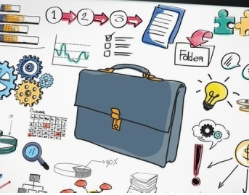
This op-ed, by Heather Hiles founder of Pathbrite, an e-portfolio platform, and someone who has spent her entire professional life committed to helping students optimize their academic outcomes and obtain meaningful employment, explains why digital portfolios are so beneficial to students who are embarking on a job search. According to a study from CareerBuilder, 81 percent… Read More ›
Connecting Learning to Careers

In this article, Hamutal Bernstein, research associate at the Urban Institute, explores the many ways that Connected Learning is a personalized approach to learning that is beneficial to students in today’s classrooms. Young people are living their lives in densely connected, media-saturated contexts, connecting to peers through social media. Connected Learning aims to harness this… Read More ›
NCCEP/GEAR UP Annual Conference
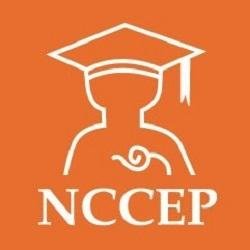
The 2016 NCCEP/GEAR UP Annual Conference will take place July 17-20, 2016 at the Washington Hilton in Washington, DC. GEAR UP provides critical early college awareness and support activities like tutoring, mentoring, academic preparation, financial education and college scholarships to improve access to higher education for low income, minority and disadvantaged first-generation students and their families.… Read More ›
Recognizing the Importance of Support Staff in a Student-Centered School

Student support staff (school counselors, case managers, mentors, social workers etc.) are rarely central to education reform conversations, but in the era of personalization, their knowledge and expertise can greatly benefit the changing classroom. Students and teachers can rely on these staff to bridge social/emotional strategies with academic learning. Emotions, research shows, direct students’ learning… Read More ›
Popularity of Ed Tech Not Necessarily Linked to Products’ Impact
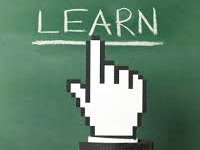
This article explores the different methods of using technology and whether those methods are improving our schools or hindering them. Digital learning tools that fit well within existing classrooms and don’t disrupt the educational status quo tend to be the most widely adopted, despite their limited impact on student learning. This pattern in K-12 raises… Read More ›
National Youth Leadership Council
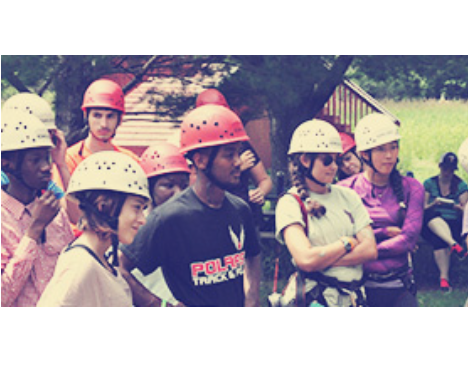
This organization works to promote service learning in schools across the country. Through service-learning projects, students apply academic skills and knowledge to a real community need, accelerating student achievement by strengthening academic, civic, and character outcomes. To achieve this goal they develop student leadership, encouraging student voice for meaningful change; support educators with customized professional development… Read More ›
Generator School Network
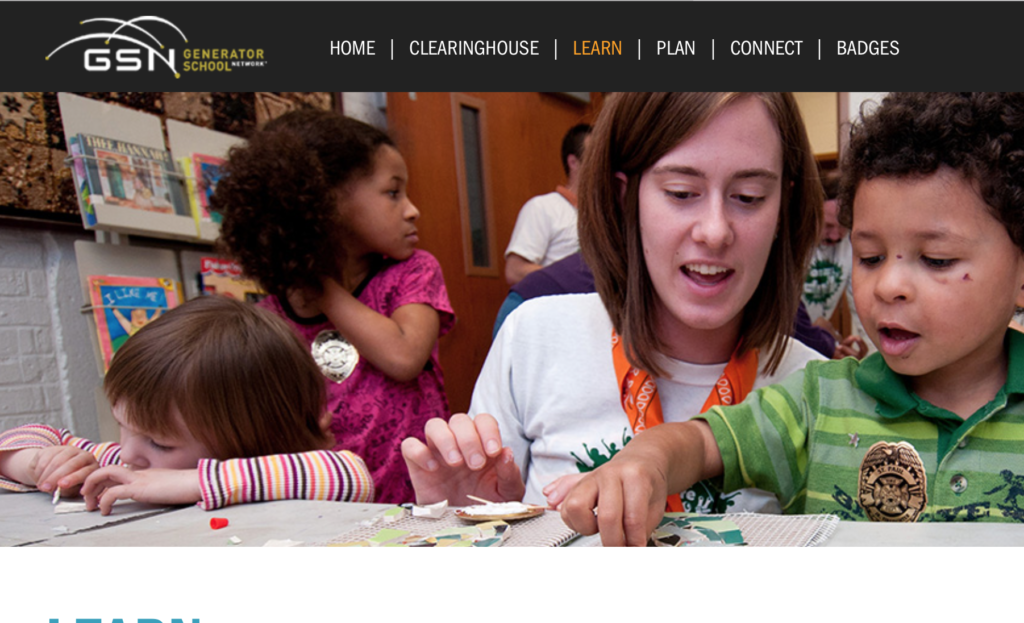
The online community, managed by the National Youth Leadership Council, is for educators and youth interested in service-learning experiences that allow students to apply classroom knowledge and skills to a real world community need. This free resource includes a large number of tools, research, and online learning communities. Of particular interest is the Generator, a… Read More ›
Restorative Justice: A Different Approach to Discipline
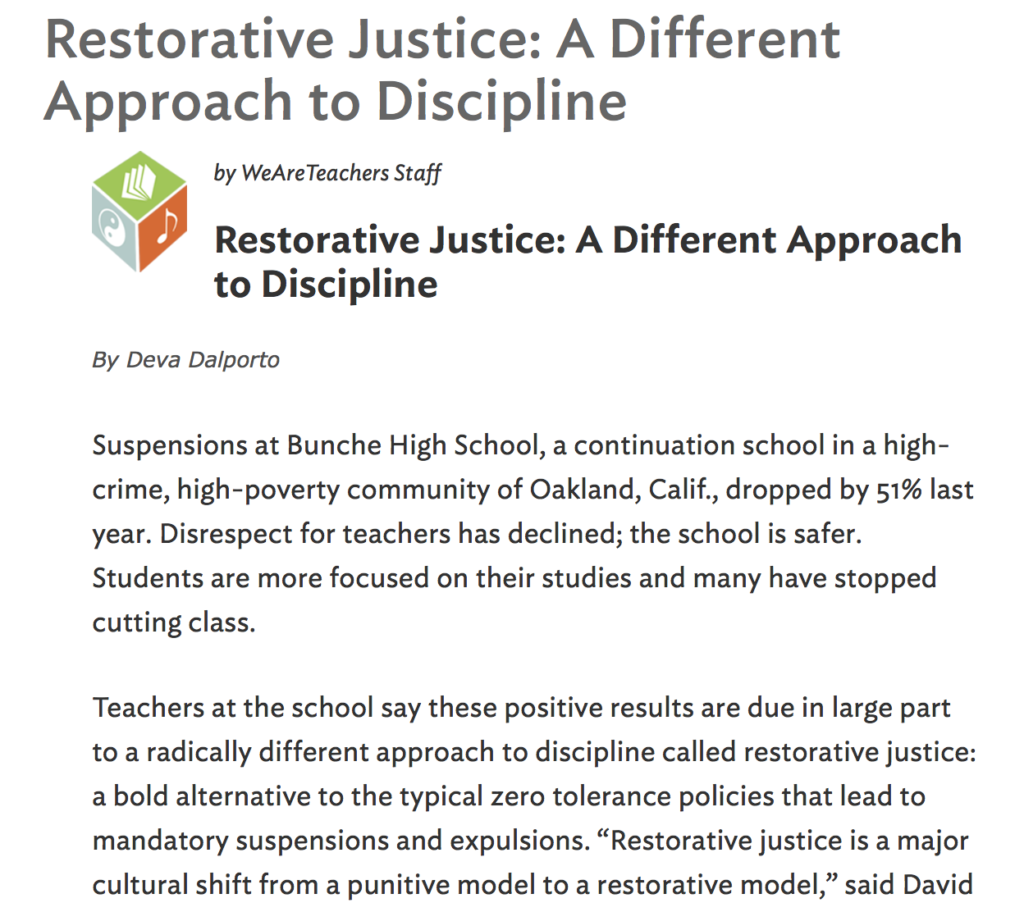
This article, from a teacher’s perspective, provides an overview of the rise of restorative practices in schools. It then discusses how one teacher works with students to build a respect agreement in the classroom. The same teacher discusses how using restorative discipline practices in the classroom helps her build relationships with students and allows them… Read More ›
School Counselors Embrace Social Emotional Learning
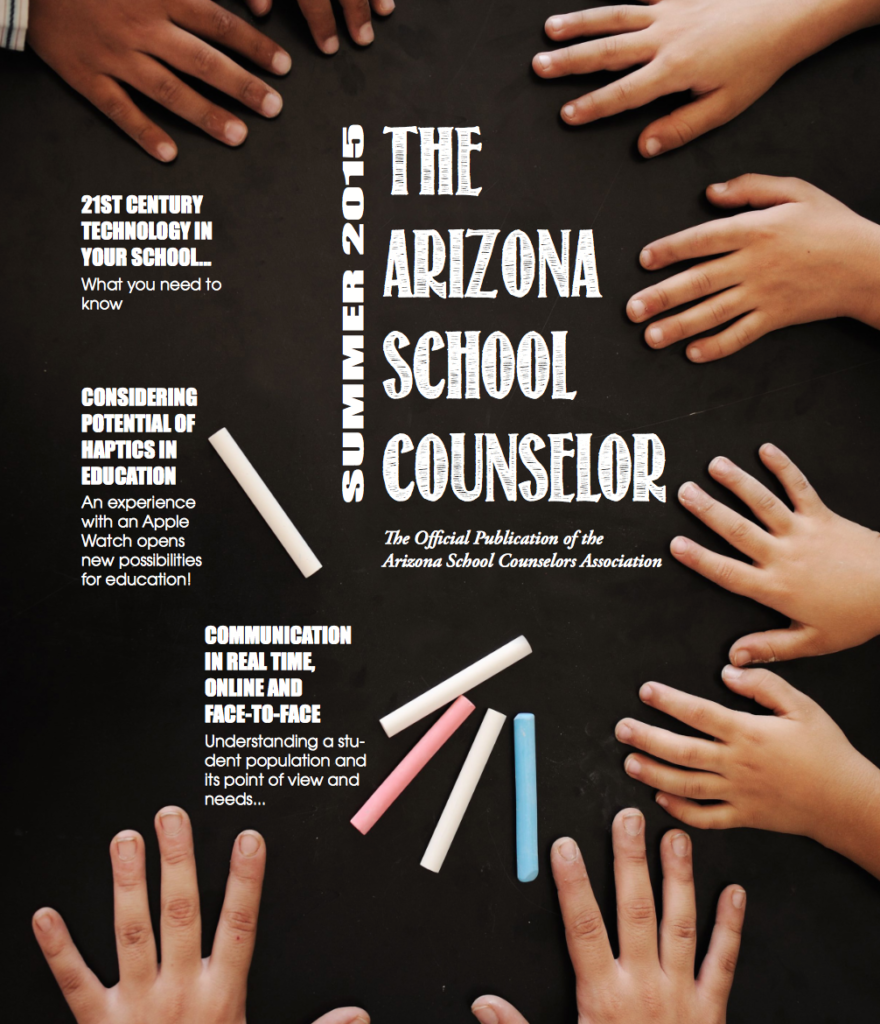
This article asserts that social emotional learning can provide a unifying vision, structure, processes, and assessment tools to assist school counselors in becoming effective change agents in their schools. The article describes a case study in which counselors helped teachers complete a social emotional intelligence survey, reviewing their own social emotional competencies and comparing them… Read More ›
Social-Emotional Learning Assessment Measures for Middle School Youth
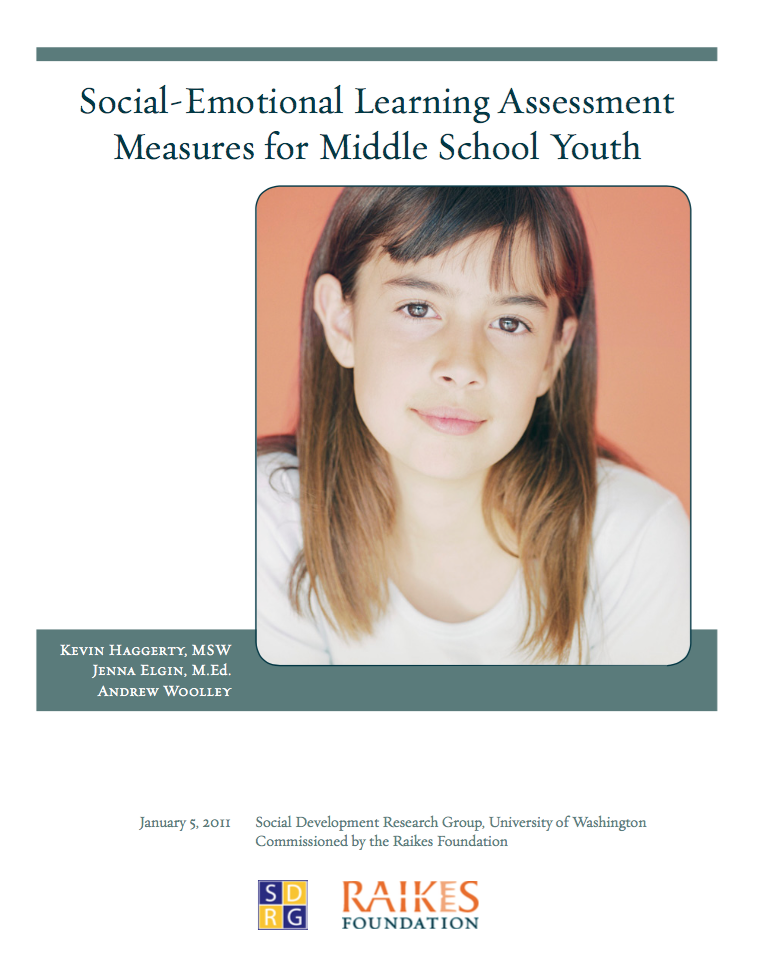
This 2011 research review was designed to assist middle school educators with choosing appropriate measures of social and emotional skills over time. Children with strong social and emotional (SEL) skills have been shown to excel in school, and quality SEL programs are imperative to address the social, emotional, and academic needs of students. The purpose… Read More ›
“Paying attention?” an App Asks – Helping Kids Monitor Their Own Classroom Behavior
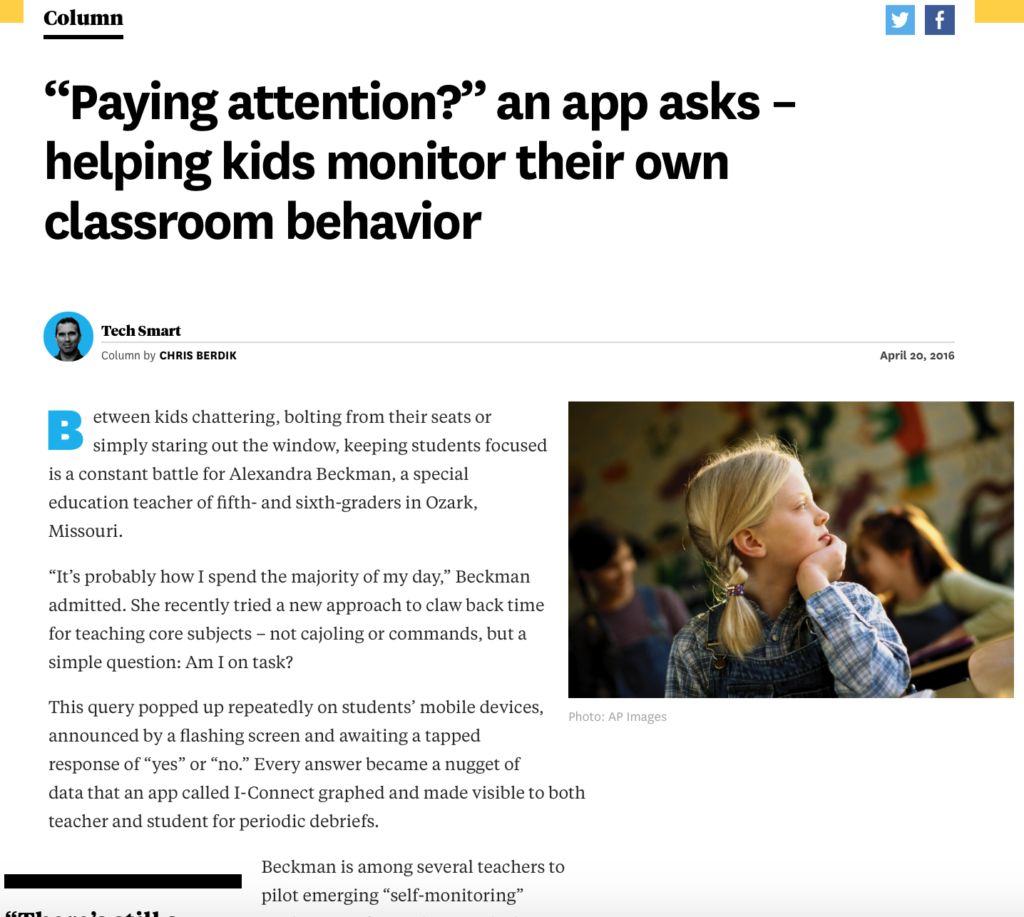
This article describes an app called I-Connect designed to help students monitor their motivation and attention to tasks. The article describes how the app is being used by students who need additional supports to help stay on task. The app can be customized to check in once about homework or punctuality or can send reminders… Read More ›